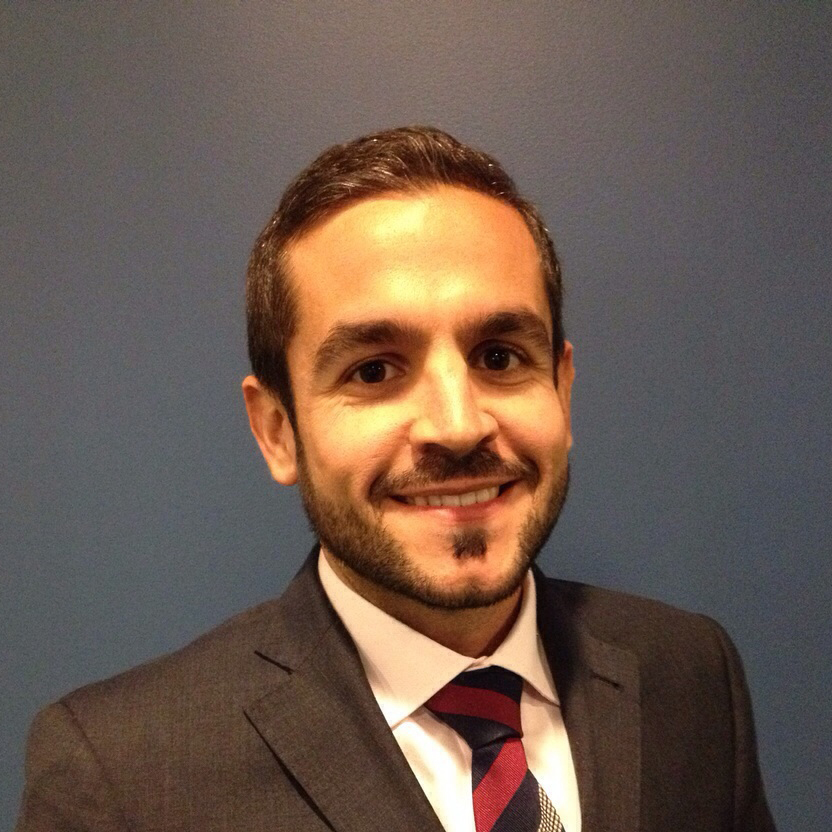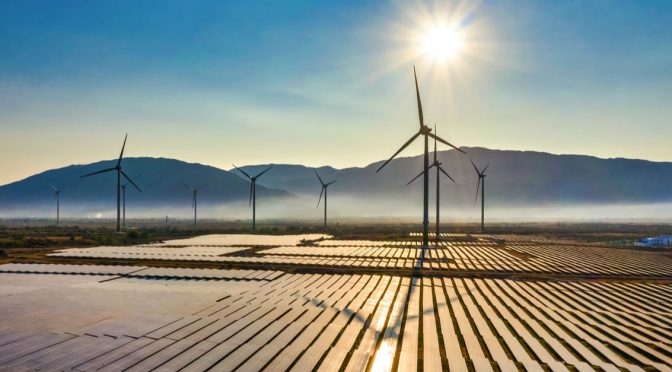Renewable energy is at the heart of global efforts to secure a sustainable future. Partnering with young people to amplify calls for the global energy transition is an essential part of this endeavour, as they represent a major driver of development, social change, economic growth, innovation and environmental protection. In recent years, young people have become increasingly involved in shaping the sustainable development discourse, and have a key role to play in propelling climate change mitigation efforts within their respective communities.
Therefore, how might we best engage this new generation of climate champions to accentuate their role in the ongoing energy transition? In short, engagement begins with information and awareness. Young people must be exposed to the growing body of knowledge and perspectives on renewable energy technologies and be encouraged to engage in peer-to-peer exchanges on the subject via new platforms.
To this end, IRENA convened the first IRENA Youth Forum in Abu Dhabi in January 2020, bringing together young people from more than 35 countries to discuss their role in accelerating the global energy transformation. The Forum allowed participants to take part in a truly global conversation, exchanging views with each other as well as with renewable energy experts and representatives from governments around the world, the private sector and the international community.
Similarly, the IRENA Youth Talk webinar, organised in collaboration with the SDG 7 Youth Constituency of the UN Major Group for Children and Youth, presented the views of youth leaders, to identify how young people can further the promotion of renewables through entrepreneurship that accelerates the energy transition.
For example, Joachim Tamaro’s experience in Kenya was shared in the Youth Talk, illustrating how effective young entrepreneurs can be as agents of change in their communities. He is currently working on the East Africa Geo-Aquacultural Development Project – a venture that envisages the use of solar energy to power refrigeration in rural areas that rely on fishing for their livelihoods. The project will also use geothermal-based steam for hatchery, production, processing, storage, preparation and cooking processes.
It is time for governments, international organisations and other relevant stakeholders to engage with young people like Joachim and integrate their contributions into the broader plan to accelerate the energy transition, address climate change and achieve the UN Sustainable Development Agenda.
Business incubators, entrepreneurship accelerators and innovation programmes can empower young people to take their initiatives further. They can give young innovators and entrepreneurs opportunities to showcase and implement their ideas and contribute to their communities’ economic and sustainable development. At the same time, they also allow them to benefit from technical training, mentorship and financing opportunities.
Governments must also engage young people by reflecting their views and perspectives when developing policies that aim to secure a sustainable energy future, not least because it is the youth of today who will be the leaders of tomorrow.

Riccardo Toxiri Programme Officer, Governance Support Office IRENA
Share:CompartirFacebookTwitter
Expert Insights brings the voices of IRENA experts to life as they reflect on renewable energy issues, opportunities, technologies and more.
© IRENA 2020
Unless otherwise stated, material in this article may be freely used, shared, copied, reproduced, printed and/or stored, provided that appropriate acknowledgement is given of the author(s) as the source and IRENA as copyright holder.
The findings, interpretations and conclusions expressed herein are those of the author(s) and do not necessarily reflect the opinions of IRENA or all its Members. IRENA does not assume responsibility for the content of this work or guarantee the accuracy of the data included herein. Neither IRENA nor any of its officials, agents, data or other third-party content providers provides a warranty of any kind, either expressed or implied, and they accept no responsibility or liability for any consequence of use of the content or material herein. The mention of specific companies, projects or products does not imply that they are endorsed or recommended, either by IRENA or the author(s). The designations employed, and the presentation of material herein do not imply the expression of any opinion on the part of IRENA or the author(s) concerning the legal status of any region, country, territory, city or area or of its authorities, or concerning the delimitation of frontiers or boundaries.
Riccardo Toxiri


